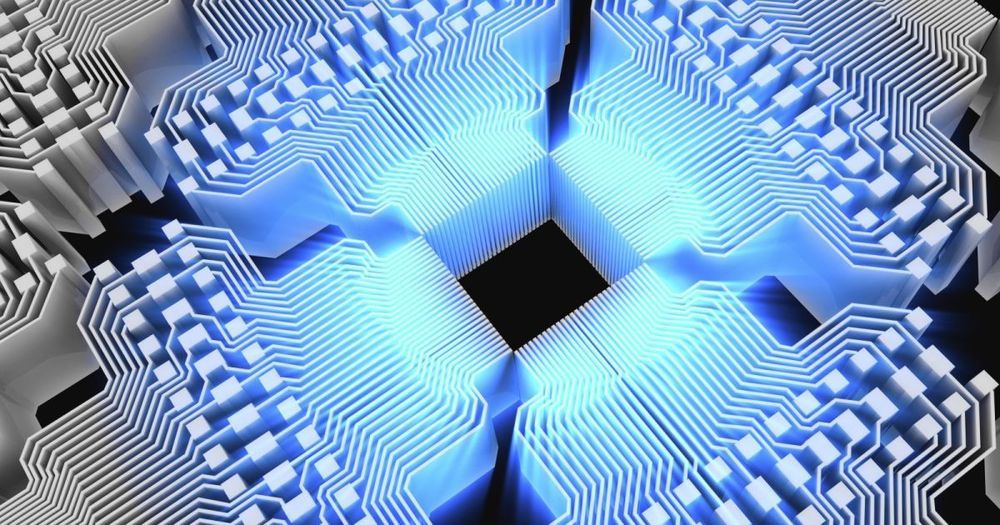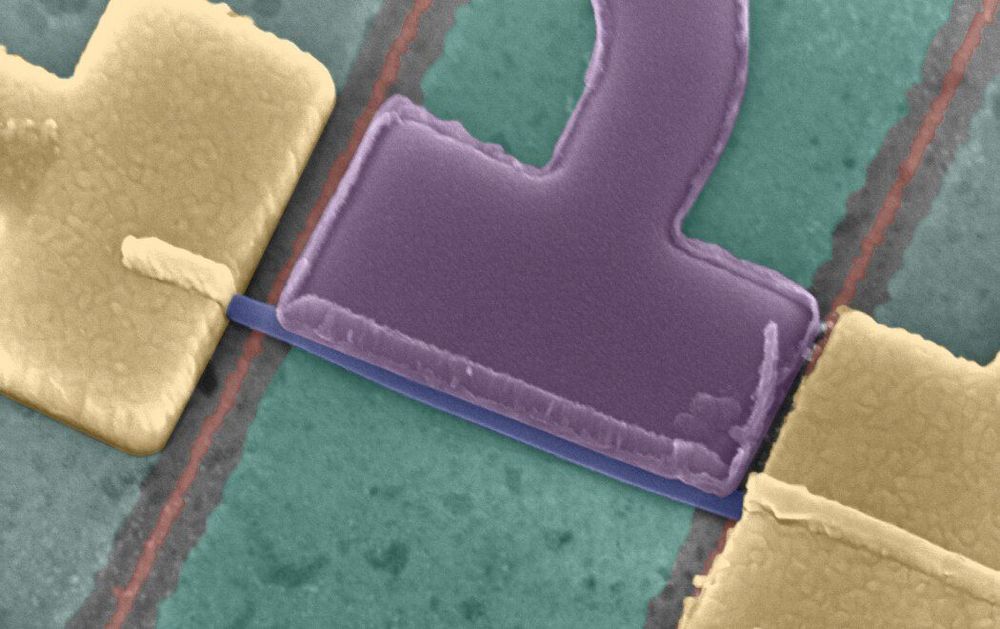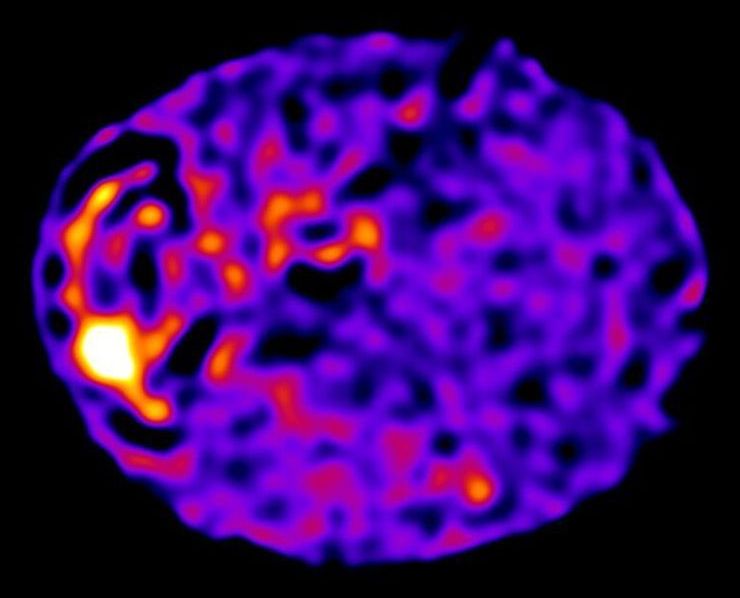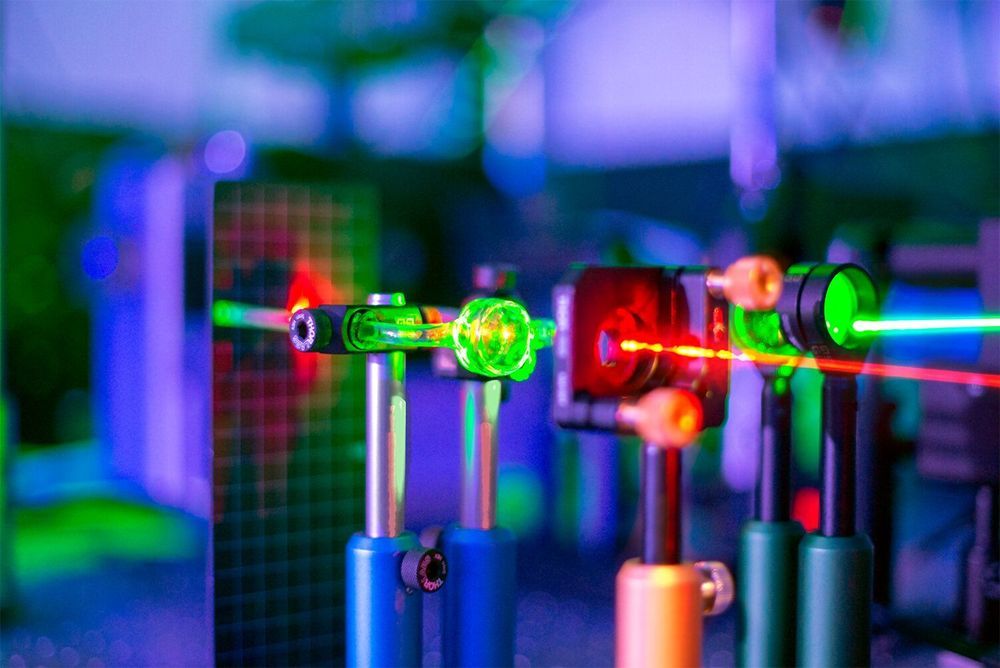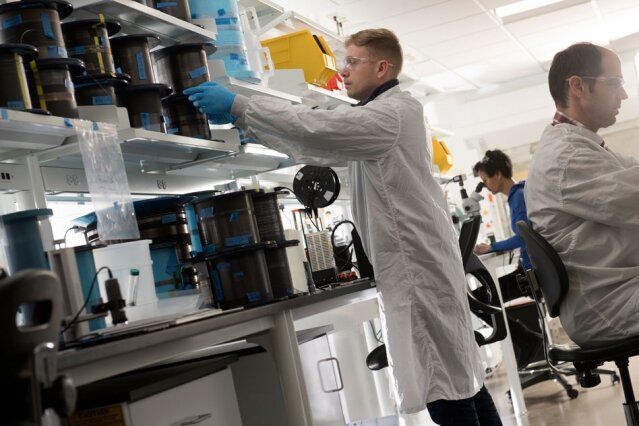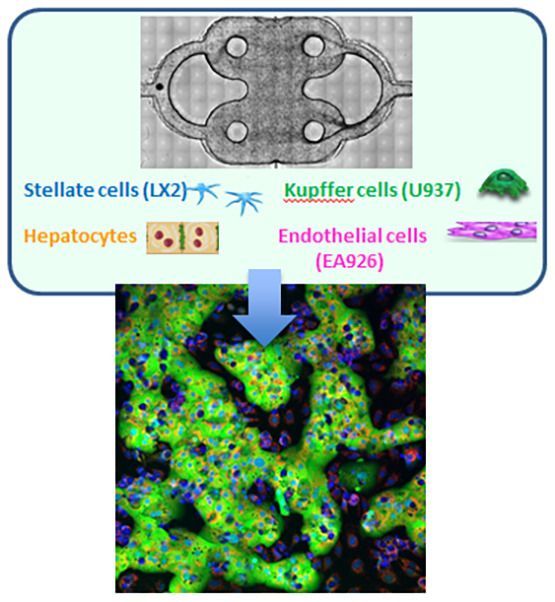It’s comforting to think of the body as a machine we can trick out. It helps us ignore the strange fleshy aches that come with having a meat cage. It makes a fickle system—one we truly don’t understand—feel conquerable. To admit that the body (and mind that sits within it) might be far more complex than our most delicate, intricate inventions endangers all kinds of things: the medical industrial complex, the wellness industry, countless startups. But it might also open up new doors for better relationships with our bodies too: Disability scholars have long argued that the way we see bodies as “fixable” ultimately serves to further marginalize people who will never have the “standard operating system,” no matter how many times their parts are replaced or tinkered with.
Tech gurus are obsessed with treating bodies like machines—something a 30-year-old cartoon about a tricked-out detective suggests won’t work.



